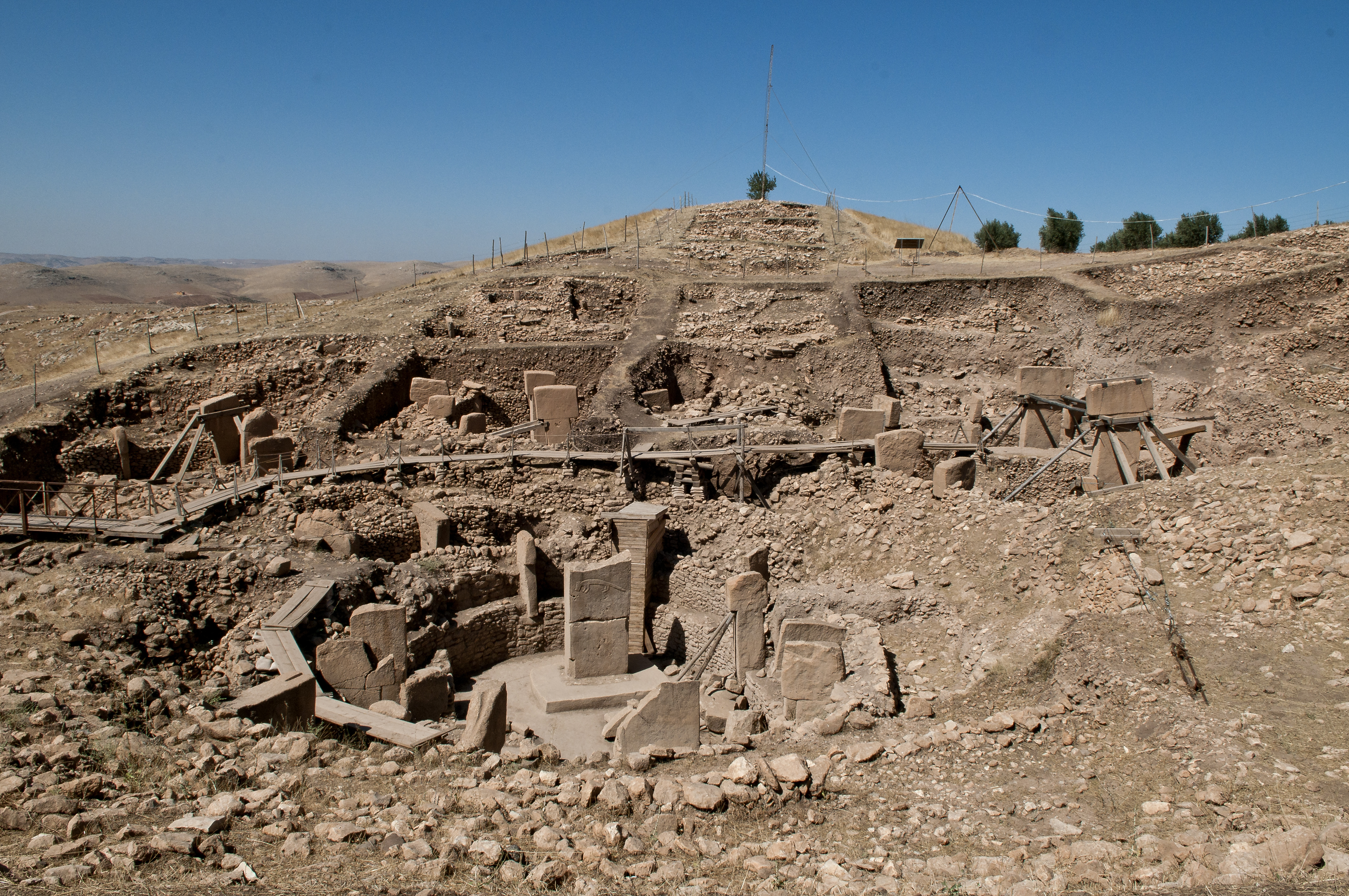Atop a mountain ridge in southeast Turkey sits an archeological discovery that predates Stonehenge by 6,000 years. Known as Gobekli Tepe, these 10th-millennium BCE ruins were once brushed off as nothing more than a Medieval burial ground, but now they have caused experts worldwide to re-evaluate everything we know about the earliest stages of human society.
Gobekli Tepe mainly comprises of a series of upright pillars arranged in circles, not completely dissimilar to the famous Stonehenge. Many of these pillars feature sculptures or carved animals like foxes, cranes, bulls and reptiles, while others display abstract pictograms. Nobody is quite sure of the true meaning behind these carvings, or indeed even the purpose of the site to begin with. However, many experts believe it to be a mountain sanctuary or temple. Klaus Schmidt, the archaeologist who led the investigation, believed that the mysterious site was a sort of pilgrimage destination, which would make it the oldest temple in the world.
However, the most peculiar thing about Gobekli Tepe is that, with our current understanding of Neolithic people, it shouldn’t exist. The structures not only predate the beginning of animal husbandry, but they were built before the invention of pottery, writing and the wheel. The advanced nature of the structures doesn’t align with anything previously associated with the era. Nobody has yet worked out how a force big enough to construct and maintain the structures was mobilised and fed, and nobody knows the true meanings behind the carved animals and reliefs. Some experts have suggested that the structures instead served as communal houses. It has also been discovered that every few decades old pillars were buried and replaced by new pillars in a smaller ring inside the older one, actions that nobody can explain. It appears that in the 8th millennium BCE Gobekli Tepe was mysteriously and deliberately buried, but its enduring mysteries are set to intrigue humankind for many years to come.
To find out about more fascinating historical mysteries, subscribe to All About History today.


